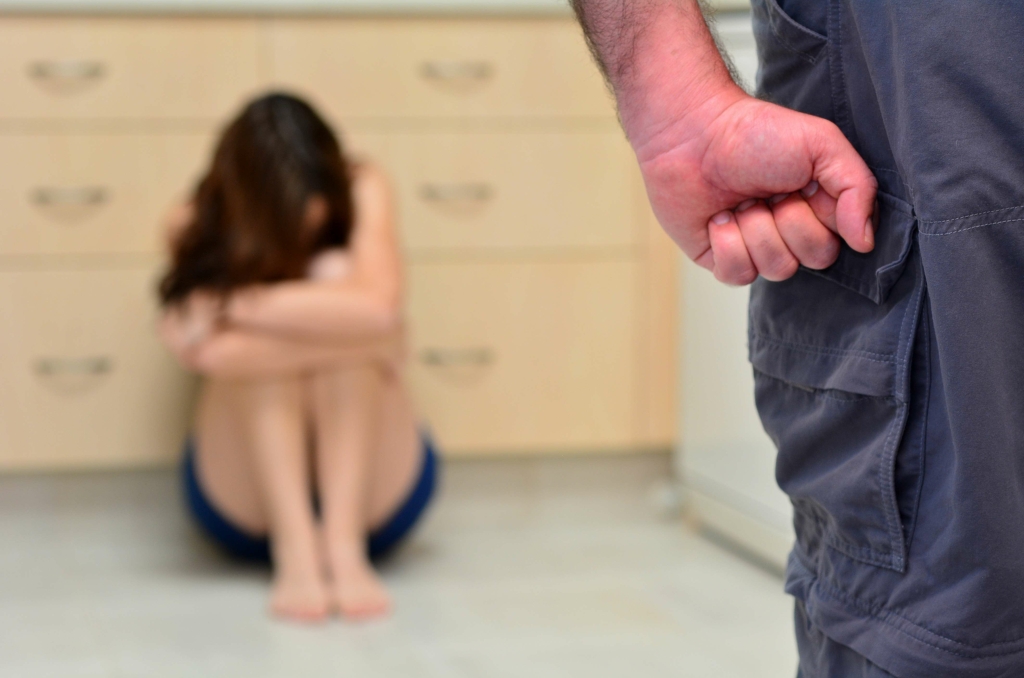Alcohol is a diuretic, meaning it increases urine production and can lead to dehydration. Understanding your hydration needs is crucial, especially when consuming alcohol. Dehydration can intensify alcohol’s effects, leading to more severe hangovers and potentially impacting your long-term health. When you drink alcohol, your body prioritizes its elimination, diverting water away from other essential functions. This can disrupt the balance of electrolytes, like sodium and potassium, which are vital for nerve and muscle function.
Why Does Alcohol Make You Dehydrated?
This can manifest as a persistent feeling of thirst, even after drinking alcohol. Pay attention to your body’s signals and make sure to drink plenty of water to stay hydrated. Furthermore, alcohol can disrupt the body’s electrolyte balance, particularly levels of sodium and potassium. Electrolytes are essential for maintaining proper hydration and nerve function, and imbalances can lead to muscle cramps, weakness, and other symptoms of dehydration.
Can alcohol withdrawal cause dehydration?

I’m not talking about chugging a gallon of water right before you head out, but rather, start upping your water intake a few hours beforehand. Think of it like prepping your body for a marathon, but instead of running, you’re… This helps ensure your body has a good baseline of fluids to work with, making it less likely you’ll get hit hard by dehydration later. However, this does not mean that individuals need to completely abstain does alcohol dehydrate you from alcohol. Moderation is key in ensuring that alcohol consumption does not lead to dehydration.
Tips for Staying Hydrated While Drinking
- Alcohol can damage the lining of the intestines, which impairs the absorption of essential nutrients such as magnesium, calcium, potassium, and zinc.
- Ever woken up after a night out with that undeniable, parched feeling?
- Understanding how alcohol leads to dehydration is the first step toward mitigating its effects.
Key electrolytes include sodium, potassium, and magnesium, among others. Each has specific, indispensable roles in maintaining your overall health and performance. As we’ve uncovered, the kidneys’ overdrive leads to significant water loss, but this uncontrolled expulsion of fluids is only one piece of the dehydration puzzle. Once vasopressin (ADH) is suppressed, the stage is set for a dramatic shift in how your kidneys, the body’s sophisticated filtration system, operate. Instead of diligently conserving water, they go into an alarming overdrive, leading to a significant and often overlooked aspect of dehydration.
- This is because the higher the concentration of alcohol, the stronger the diuretic effect.
- Additionally, I examine the way mental and physical health as well as our relationships with others impact the reasons people drink and their role in maintaining sobriety long-term.
- Sleep deprivation has been linked to obesity, metabolic diseases, weak immune defenses, and hormone imbalances, and may increase your risk of heart disease and cancer.
When you pair this with alcohol, the dehydration compounds further. After eating something salty, chase it with some ice tea, lemonade, or even plain water, rather than alcohol. This is because it suppresses vasopressin, which normally helps your body retain fluid. With less of this hormone available, your body expels more water than usual, increasing the frequency and volume of urination. By implementing these strategies, you can help counteract the dehydrating effects of alcohol and maintain better overall hydration and health.
- For reference, a standard drink—12 ounces of beer, 5 ounces of wine, 1.5 ounces of liquor—has 14 grams of alcohol, according to the National Institute on Alcohol Abuse and Alcoholism 3.
- These signs include headaches, dark urine, dizziness, and a strong thirst.
- These effects can contribute to dehydration, electrolyte imbalances, and impaired cellular function.
After you take a drink, both the liquid and alcohol contents of the beverage pass through your stomach lining and small intestine into the bloodstream. Drinking electrolytes before you drink an alcoholic beverage can set you up for success. alcoholism symptoms Hydrating before bed and again in the morning can make a world of difference. The nagging headache, the lack of energy, the desert-dry mouth—there’s no denying that alcohol makes you feel less than your best.
I’ve spent the last seven years researching and understanding alcoholism, addiction, and how people get sober. Additionally, I examine the way mental and physical health as well as our relationships with https://heldbau-berlin.de/how-to-flush-alcohol-from-urine-proven-sober-help/ others impact the reasons people drink and their role in maintaining sobriety long-term. Drinking too much alcohol too quickly means your body won’t be able to process it fast enough.

This increased sweating can result in a loss of fluids and electrolytes, which are essential for maintaining proper hydration levels. Electrolytes, such as sodium, potassium, and magnesium, play a crucial role in regulating fluid balance within the body. Alcohol acts as a diuretic, increasing urine production and potentially leading to dehydration and electrolyte imbalances.

